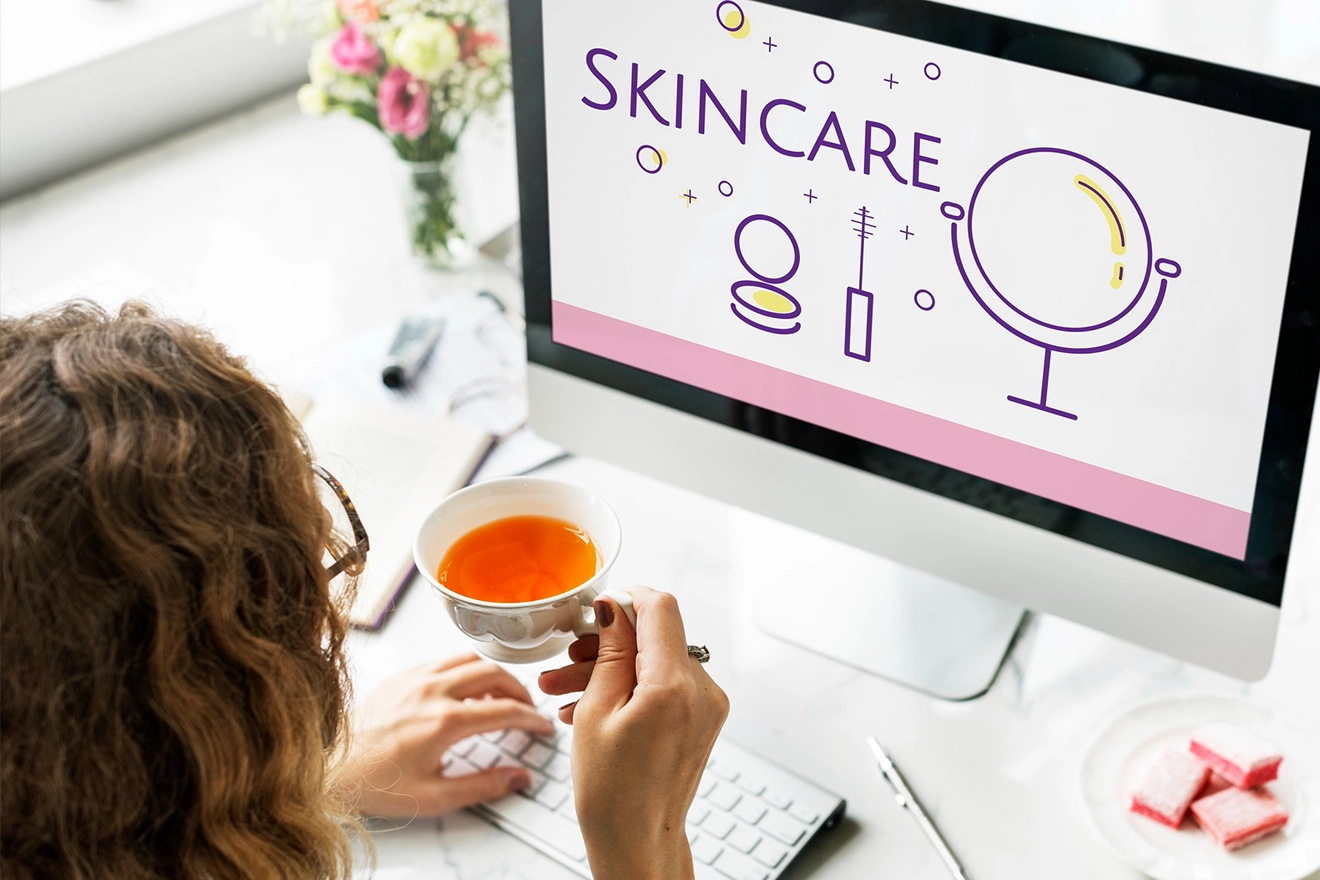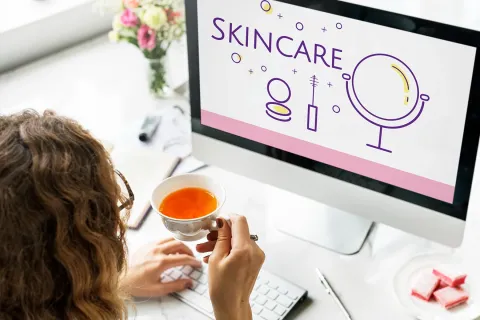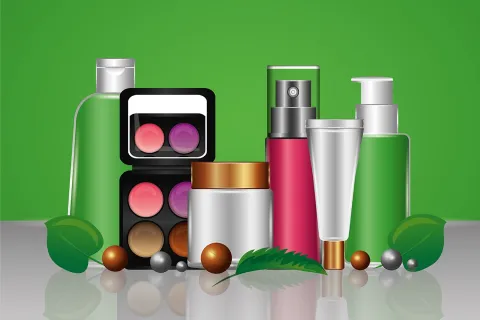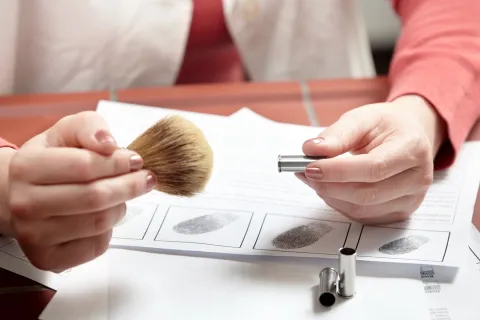
When launching products in the European Union (EU), regulatory compliance isn’t just a legal requirement; it’s a business necessity. The EU maintains one of the world’s most rigorous regulatory frameworks, from product safety to environmental standards and consumer protection laws. For companies, especially those operating in cosmetics, food, or consumer goods, ensuring compliance with EU legal and safety obligations can make or break market success.
Here’s an end-to-end look at what compliance means, how it impacts businesses, and how to stay on the right side of the EU regulation.
Why Compliance Matters in the EU
The EU is built on a harmonized legal framework prioritizing consumer safety, environmental responsibility, and fair trade. Compliance helps ensure:
- Market access to 27 EU countries
- Consumer trust and brand credibility
- Avoidance of penalties, product recalls, or legal action
- Smooth audits and customs clearance
- Long-term business sustainability
Failing to comply can result in serious consequences, such as bans, recalls, loss of CE marking, or fines that can reach millions of euros.
Core Areas of EU Legal and Safety Compliance
To operate legally in the EU, companies must understand and meet several layers of regulatory requirements. Here are the core pillars:
1. Product Safety Regulations
For any Cosmetic product to be sold in the EU, the product needs to meet EU safety standards.
Cosmetics Regulation (EC) No. 1223/2009 requires a complete safety assessment, PIF (Product Information File), and CPNP notification on the portal before a cosmetic product is marketed.
2. Labeling Compliance and Consumer Information
EU laws mandate that product labels be clear, accurate, and in the country's official language(s) where the product is sold. Labels must include, among others:
- Ingredients
- Safety warnings
- Usage instructions
- Batch numbers
- Manufacturer or importer contact details
For cosmetics, allergen information and specific claims are tightly regulated.
An EU-based Responsible Person must be appointed for several regulated product categories, including cosmetics. They ensure:
- All compliance documents are in order
- Products are safe before going to the market
- Post-market surveillance is handled properly
- Authorities have a single contact point within the EU
Step-by-Step Compliance Process in the EU
Ensuring compliance isn’t a one-time task. Here’s a simplified roadmap to guide businesses through the process:
- Product Assessment
- Identify applicable EU directives and regulations
- Classify your product accurately
- Conduct a risk and safety assessment
- Documentation & Testing
- Create or obtain technical documentation (e.g., PIF, SDS)
- Perform safety or lab testing where needed
- Maintain test reports and certificates
- Conformity Declaration
- Draft and sign the Declaration of Conformity (DoC)
- Apply for the CE mark if required
- EU Responsible Person
- Appoint a legally established EU-based RP
- Ensure they have full access to compliance files
- Notification & Registration
- Submit product details to the appropriate portal (e.g., CPNP, ECHA)
- Verify language, label, and packaging requirements
- Post-Market Surveillance
- Monitor product performance
- Address customer complaints and incidents
- Update safety files as needed
Best Practices for Staying Compliant
- Centralize your documentation: Store all regulatory files in one place, easily accessible for audits or updates.
- Work with local experts: EU regulatory consultants or legal reps can help interpret complex regulations.
- Stay informed: Subscribe to EU Commission updates and ECHA newsletters.
- Plan for Brexit: If you’re selling in the EU and UK, ensure compliance with SCPN or UKCA marking as needed.
Conclusion
EU compliance is more than checking boxes—it’s about building a sustainable and trustworthy brand. While the rules may seem complex, having a clear system in place to manage legal and safety obligations makes them manageable. Whether launching a new product or scaling your business across Europe, prioritizing compliance from day one protects your brand, customers, and bottom line. Consulting a Regulatory expert like Freyr can help you navigate regulations easily and achieve hassle-free compliance.









